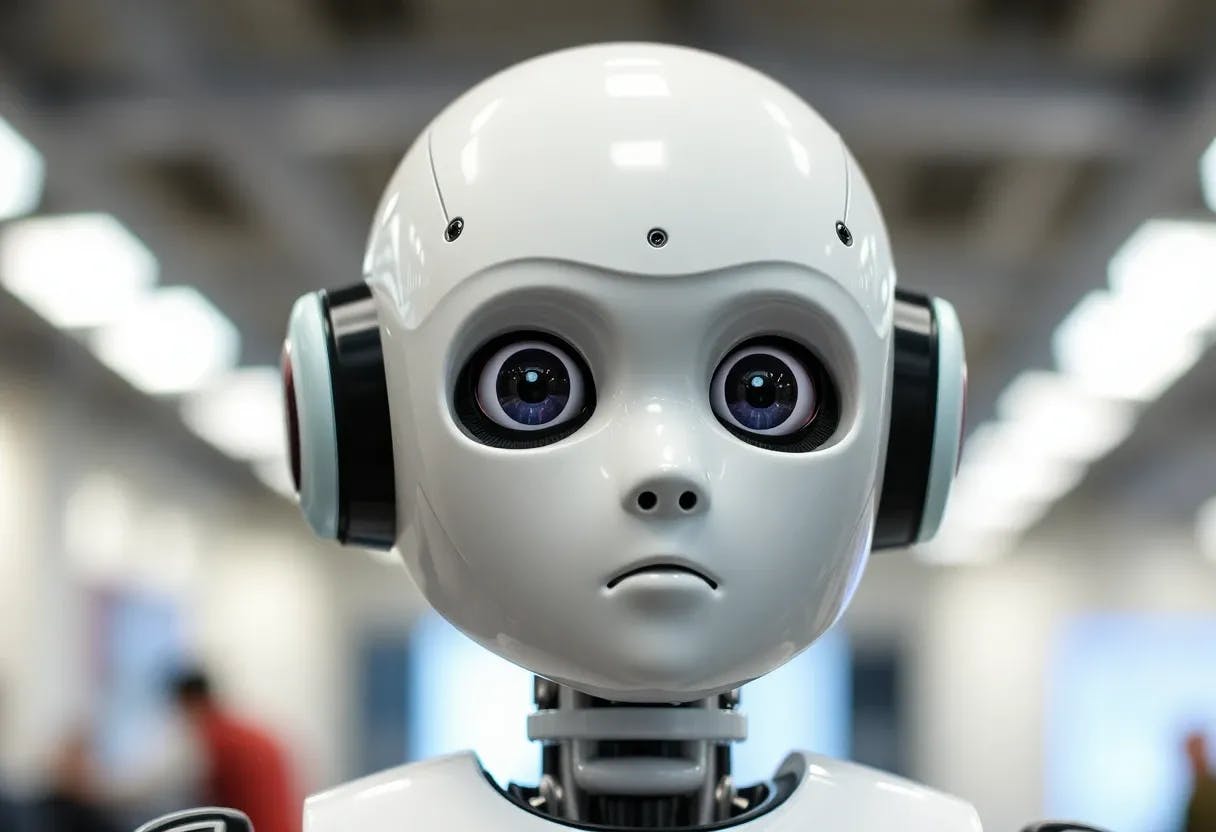Microsoft is fighting to keep its consumer AI division, led by its AI CEO Mustafa Suleyman, from getting dragged into the copyright lawsuit filed by The New York Times and other news organizations against Microsoft and OpenAI.
In a court filing Thursday, Microsoft argued that the current version of its Copilot AI assistant for consumers should be excluded from the process of legal discovery — opposing an effort by the plaintiffs to require the team behind the product to turn over documents and materials deemed relevant to the case.
The product “did not exist at the time News Plaintiffs filed their complaints, is built on a different platform with new system architecture than the products named in News Plaintiffs’ complaints, and involves hundreds of potential new custodians given that the back-end code was written by an entirely new team,” the filing said, using the legal term for people in possession of materials subject to discovery.
But lawyers for the news organizations contend that Copilot is powered by the same core AI systems, performing the same functions, with the same alleged harms.
“Microsoft’s refusal to provide discovery into the ‘refreshed’ version of consumer Copilot hamstrings News Plaintiffs’ ability to investigate evidence critical for its case and to rebut Microsoft’s fair use defense,” lawyers for the news organizations wrote in a filing Monday.
They noted that Microsoft has confirmed that the new Copilot is powered by GPT-4o, an OpenAI model that’s already involved in the litigation. They argued that this undermines Microsoft’s claim that the new Copilot is fundamentally different, for purposes of the suit and the process of discovery.
The lawsuit, filed in December 2023 in U.S. District Court for the Southern District of New York, alleges that Microsoft and OpenAI engaged in large-scale, unauthorized scraping of copyrighted news articles to train AI models.
By using their reporting to generate answers, the plaintiffs contend, the AI tools divert readers that would otherwise visit their news sites, impacting the market for their work and undermining their business models.
The suit targets both companies due to their close partnership. Microsoft has invested billions of dollars into OpenAI, and the ChatGPT maker uses Microsoft’s Azure cloud computing platform to build and train its AI models.
These kinds of discovery battles are common in complex litigation. Lawyers for both sides have been arguing for more than a year over discovery issues related to everything from reporters’ notes to OpenAI user data. No court rulings have yet been made on the central question of the suit: whether the AI models infringe on copyright.
The legal wrangling puts a spotlight on the Microsoft consumer AI division created last year under Suleyman, a high-profile figure in the AI world who co-founded Google’s DeepMind. Suleyman joined Microsoft in March 2024 in a deal that saw the tech giant also hire a number of employees from his AI startup, Inflection AI.
His team launched the new consumer version of Copilot in October 2024, separate from the Microsoft 365 Copilot business AI product. It has a redesigned user interface with features such as a personalized daily news summary, natural voice interactions, and the ability for the AI to act as a companion while browsing the web.
Suleyman is not named in the filings, but the language refers to his team — noting that “New Consumer Copilot was developed and marketed by a group of people who recently joined Microsoft,” for example.
Joining the New York Times in the suit are Daily News LP (parent of the New York Daily News), and the Center for Investigative Reporting.











